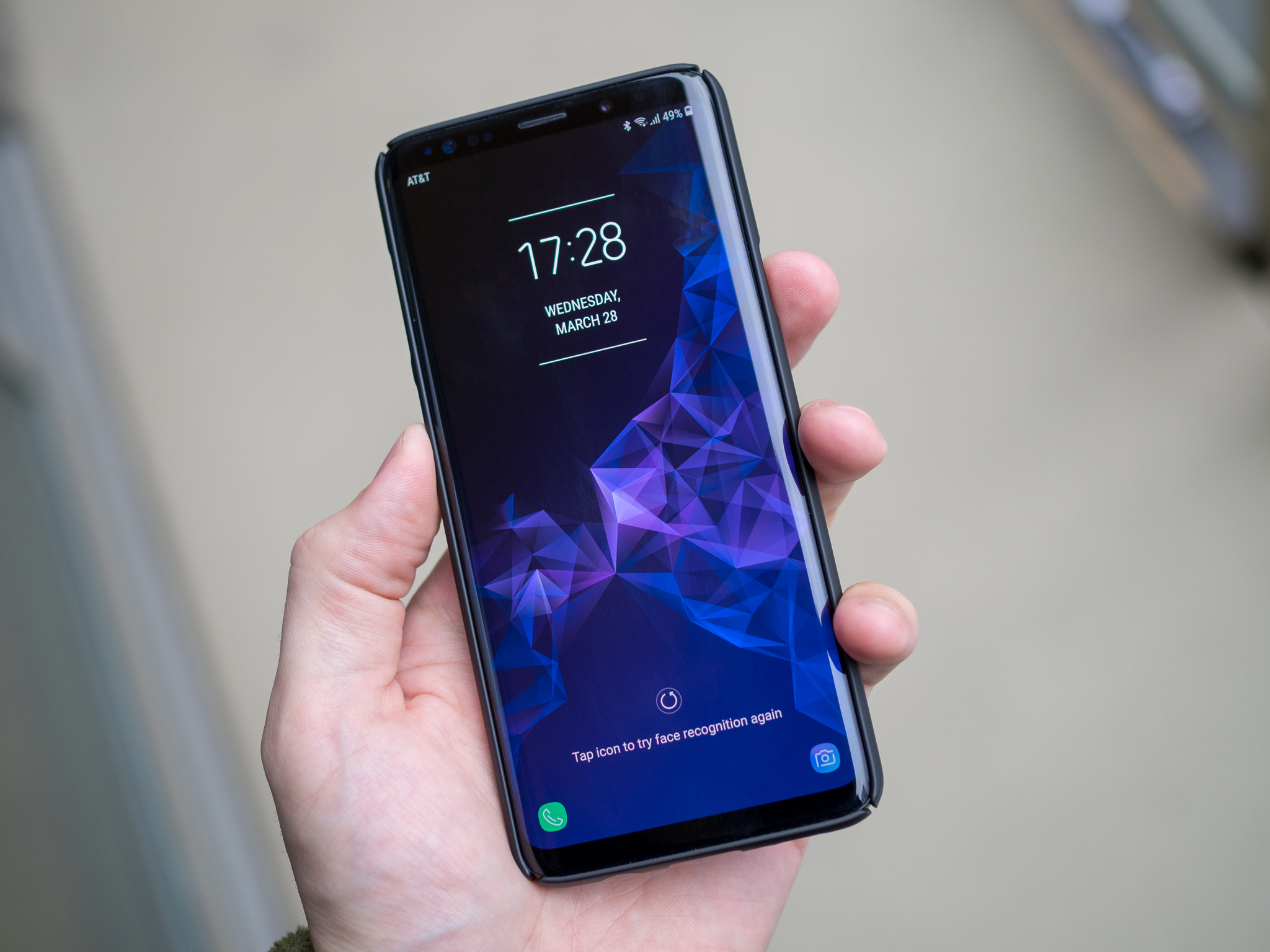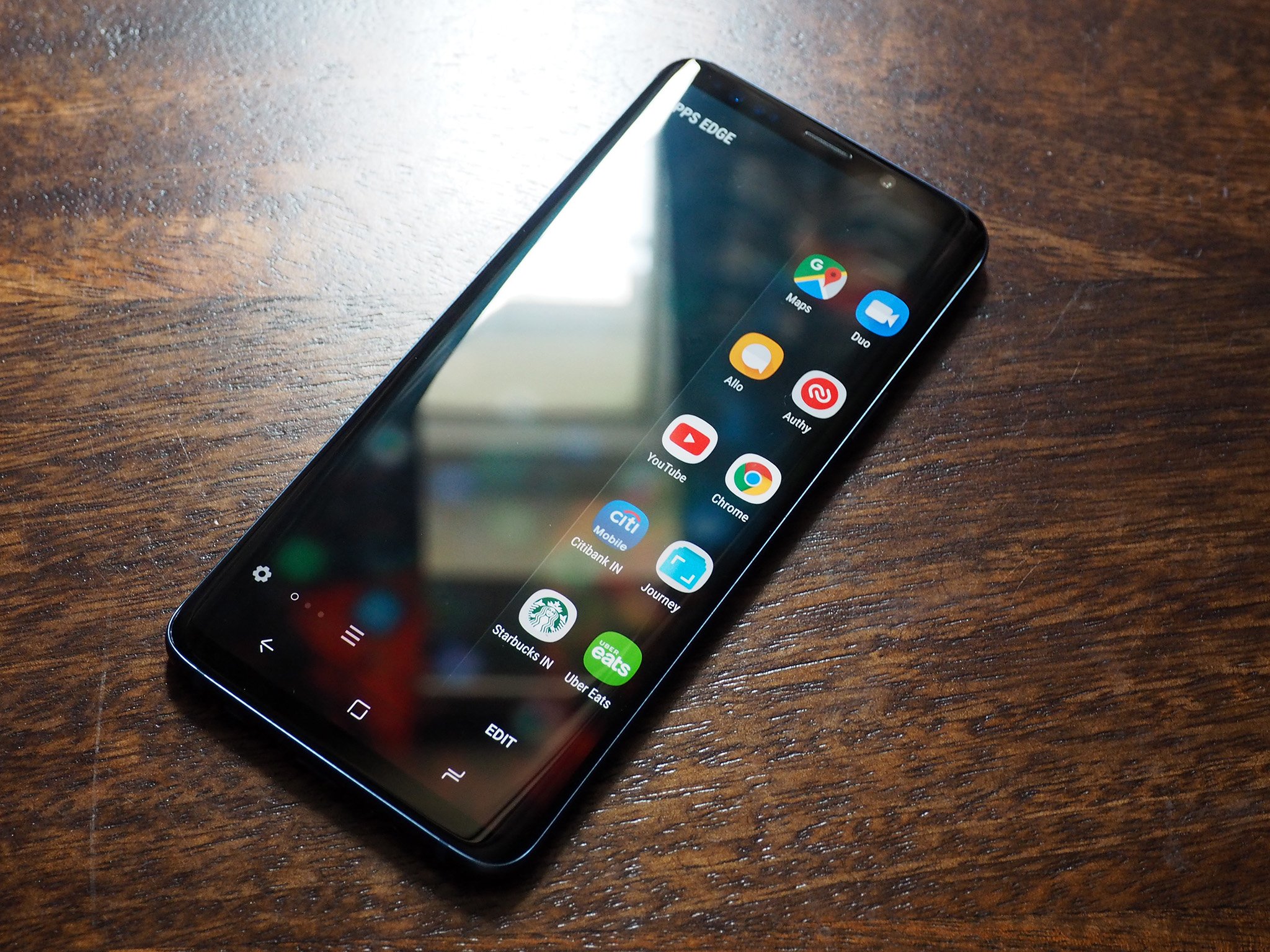Samsung needs a true re-thinking of its software strategy.
I've been using a Galaxy S9+ since the end of February, going through a full review process and lengthy set of comparisons to really put it through its paces. A month in, I'm still using it every day. I continue to use the phone because I like it overall, not because of some work obligation. The hardware is good (though it benefits from a case), the performance has been solid, battery life is fine, the screen is amazing, the rear cameras are great, it has a headphone jack, and I'm back in the swing of using wireless charging daily.
But every single day I'm reminded that I still don't like Samsung's software. The fact that I keep using the Galaxy S9+ despite my distaste for its software is a testament to all of the other great things the phone offers ... but it's still a bad sign for Samsung.
After a couple solid weeks of using my Galaxy S9+, I finally got it all set up the way I wanted it. The reason it took me that long is partially due to how I need to use this phone for work, but removing that extra time wouldn't have substantially streamlined the process. It really does take several days to finally get through all of the Galaxy S9's software to turn things off and tweak settings to the point where it isn't annoying me at every turn. Because out of the box, it sure has a frustratingly large pile of things going on that I don't care much about using yet insist that I stop what I'm doing and deal with.
The first 5 things to turn off in the Galaxy S9's software
And I'm not talking about the visual differences that are generally a matter of personal preference or familiarity. Sure Samsung's launcher looks a little different and the quick settings have a bit more going on — but that's fine, those are just visual differences. I can get used to those, and Samsung's design itself really isn't bad nowadays. I'm talking about the functional portions of the phone experience that get in my way: the cavernous settings panes, duplicate apps and services, dueling app stores, needless "features" and endless configuration options.
I had to dial back Bixby to its base components, turn off a bunch of settings and sounds, get the phone to stop bothering me with "device maintenance" warnings, sign into my Samsung Account across a handful of apps, set up a secondary app store, swap out Samsung's keyboard, turn off the useless Edge panels, hide a dozen apps from the app drawer that I'll never touch ... the list goes on. Year after year I feel like I have to fight with my Samsung phone to get it just to be simple and easy to use. It still feels like a chore to get all of the superfluous crap out of my way and let me get to the dozen or so core features and apps that I need on a daily basis. Because no matter how much of a power user I may be, benefiting from all this phone can do, a majority of my smartphone use is still pretty simple, like most people's.
As top-end hardware reaches parity, we shouldn't have to begrudgingly deal with subpar software.
Props to Samsung for actually letting me turn off or change most of these things that I don't want to use. Going through this process several times now, I have a good baseline for what I know I don't need and how to turn everything off. And in the end, yes, I did arrive at a much more usable software slate. But that doesn't eliminate the whole frustration of the process, nor does it make me feel any better about having to do this all over again with my next Samsung phone.
And that's a problem, because differentiation in the hardware between all of these flagship phones is getting smaller with each generation — leaving the software and user experience to be the true differentiator between devices. It's the reason why so many people love the simplicity of the Pixel 2 XL, OnePlus 5T, Moto G5 and others — they're clean, easy to use and don't provide a daunting task of features and settings to configure. Samsung isn't playing at that level right now, and it diminishes the overall positive feelings toward the Galaxy S9. With hardware stagnating in many ways, the best thing it can do is focus on improving its software, so it's no longer a sore point holding back the rest of what makes its phones amazing.


0 Response to "You Can See More: I enjoy the Galaxy S9+ despite its software, not because of it — and that's a problem for Samsung"
Post a Comment